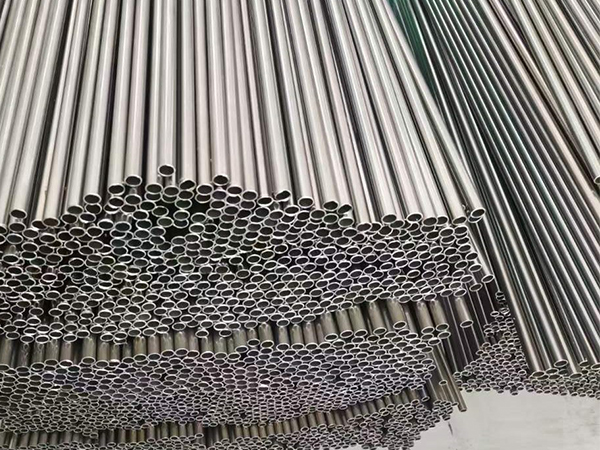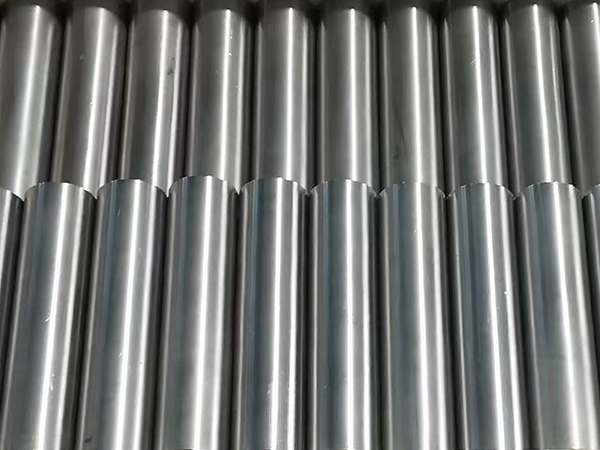Hangbo Alloy Group offers a diverse range of materials, including round bars, steel plates, strips, seamless pipes, forged products, and wire. Below is a comprehensive overview of Ni200:
Detailed Introduction to Ni200
Ni200 is a commercially pure nickel alloy that is primarily composed of nickel (approximately 99.6%). It is known for its excellent corrosion resistance, high thermal and electrical conductivity, and outstanding mechanical properties. Ni200 is particularly effective in reducing environments and exhibits good resistance to various corrosive media, making it ideal for use in chemical processing, electronics, and other industrial applications.
Equivalent Grades by Country:
• ASTM: Ni 200
• ASME: UNS N02200
• DIN: 2.4066
• GB/T: N7
International Standards for Ni200 Products
The following table outlines the applicable standards for Ni200 in various forms:
| Product Form | ASTM Standard |
|---|---|
| Steel Plate | ASTM B162 |
| Round Bar | ASTM B160 |
| Seamless Pipe | ASTM B161 |
| Welded Pipe | ASTM B725 |
| Forging | ASTM B564 |
Chemical Composition of Ni200
The chemical composition of Ni200 is summarized in the following table:
| Element | Percentage (%) |
|---|---|
| Nickel (Ni) | ≥99.0 |
| Copper(Cu) | ≤0.25 |
| Iron (Fe) | ≤ 0.40 |
| Manganese (Mn) | ≤ 0.35 |
| Silicon (Si) | ≤ 0.35 |
| Sulfur (S) | ≤ 0.01 |
Physical Properties of Ni200
Key physical properties of Ni200 are outlined in the table below:
| Property | Value |
|---|---|
| Density | 8.90 g/cm³ |
| Melting Point | 1455 °C |
Material Characteristics
Ni200 is characterized by several key properties:
• Corrosion Resistance: Excellent resistance to corrosion, particularly in reducing environments and alkaline media.
• Thermal and Electrical Conductivity: High conductivity, making it suitable for electrical and electronic applications.
• Ductility: Maintains good ductility and toughness across a range of temperatures.
• Weldability: Easy to weld and fabricate, allowing for various applications in engineering.
Applications of Ni200
Ni200 is utilized across several industries, including:
• Chemical Processing: Equipment for handling corrosive chemicals and materials.
• Electronics: Components requiring high electrical conductivity and corrosion resistance.
• Food Processing: Applications in food processing equipment due to its non-reactive nature.
• Aerospace: Used in components that require high strength and corrosion resistance at elevated temperatures.
• Pharmaceuticals: Manufacturing processes where purity and corrosion resistance are critical.














